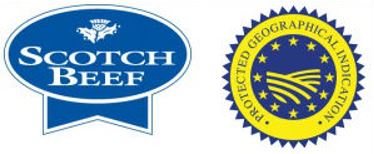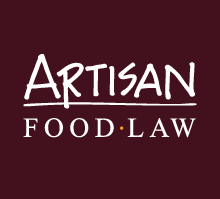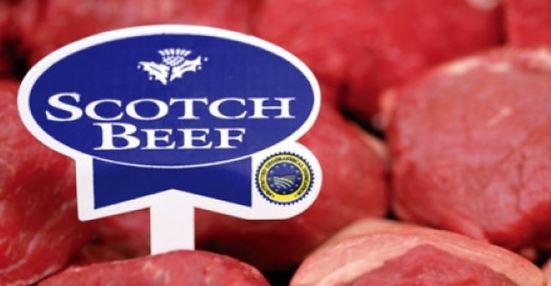A sad day for Scotch Beef and EU protected food names
A short while ago I came across a flyer advertising a range of frozen foods and one in particular caught my eye as being too cheap to be true. Farmfoods frozen beef burgers carried both Quality Meat Scotland’s ‘Scotch Beef’ assurance mark and the EU protected geographical indication (PGI) logo. Packs of 16 beef burgers were advertised at 4 for £10.
… too cheap to be true?
Some quick mental arithmetic, confirmed by a handy calculator, revealed a price of only 15.6p a burger. The Elliott Review’s interim report, which looked at integrity and assurance in the food chain in the wake of horsegate, was still fresh in mind, in particular Elliott’s recommendation that:
Consumers and their champions need to ask searching questions about whether certain deals are too good to be true.
Elliot’s interim report provided an example of how to produce a ‘gourmet’ burger for less than 30p and here was a ‘BEST SCOTCH BEEF’ burger for 15.6p! A deal too good to be true?

The burger packaging carries the ‘Scotch Beef’ and EU protected geographical indication logos, so it seemed fair to start by asking Quality Meat Scotland (QMS) for their thoughts given the mixed message sent by the product promotion.
A prompt and helpful response was provided by QMS which was aware of “this promotion through Farmfoods, and Len Goodman is actually featuring in a TV advert with the same message and image.” QMS’ Marketing Controller went on to say:
Scotch Beef is of course about provenance and quality, and includes the whole animal. The whole of life assurance schemes do not specify which parts of the animal can be called Scotch. Burger production is obviously a good way of marketing the 50% of the carcase which is turned into a minced product of some kind or another. Whether this should carry the Brand or not, could be a subject for debate but is certainly eligible at the moment. At QMS we don’t police the parts of the animal which carry the Brand, but only that the animal is compliant as a whole.
The key here is that the assurance schemes “do not specify which parts of the animal can be called Scotch.” In drawing attention to this point QMS appear tacitly to acknowledge that there is nothing in this product which most people would recognise as the ‘BEST SCOTCH BEEF’ proudly emblazoned on the front and three sides of the pack.
QMS went on to say that the further processing of Scotch Beef products is undertaken under a brand licensing scheme to which all secondary processors who wish to use the brand must subscribe. QMS have access to the processes and plants involved, including the plant producing this particular burger who is a member of the scheme.
So, as things stand, the burgers are made from Scotch Beef. What about the EU PGI logo? A debate could be had about whether or not quality should be an integral factor in the award of a designation, but this situation serves as a timely reminder that EU protected food names, in particular protected designation of origin (PDO) and protected geographical indication (PGI) are first and foremost indicators of source, not necessarily quality. Assurances of provenance are not to be confused with those of quality.
The same case could, of course, possibly be made for Orkney Beef, Welsh Beef, West Country Beef and Cotswold Beef and all the other fresh meat protected food names, it would be wrong to single out Scotch Beef. So really, it’s a sad day all round.
It may be legal, but is it decent, honest and truthful that Farmfoods describe their burgers as being made from ‘BEST SCOTCH BEEF’? Perhaps a more honest label, in the words of Quality Meat Scotland, would say a “minced product of some kind or another.”





